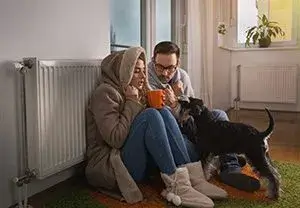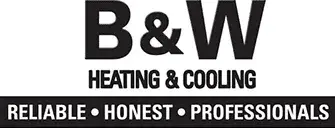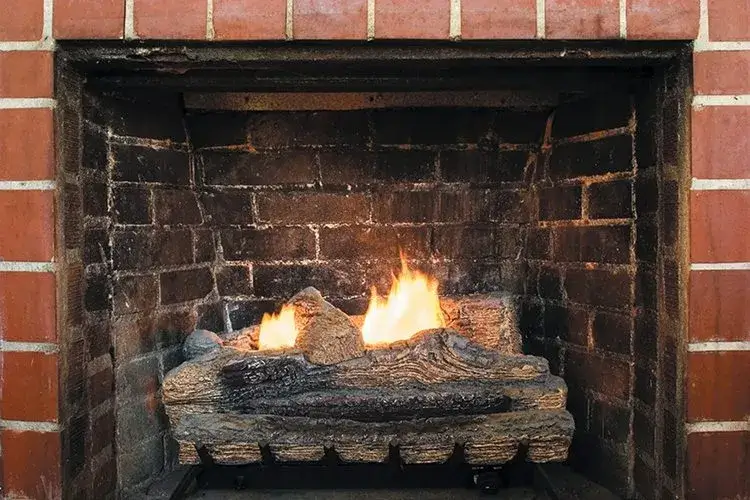 As winter is getting closer, if you enjoy the occasional fire in your wood-burning fireplace or heat rooms in your home with a wood stove, you must remember that heating equipment is also one of the leading causes of home fires during the winter months. Following these simple safety tips can help you keep your family and home safe by preventing a fire accident:
As winter is getting closer, if you enjoy the occasional fire in your wood-burning fireplace or heat rooms in your home with a wood stove, you must remember that heating equipment is also one of the leading causes of home fires during the winter months. Following these simple safety tips can help you keep your family and home safe by preventing a fire accident:
- Allow only a qualified professional to install stoves, chimney connectors, and chimneys in your house.
- Stoves should have the label of an independent testing laboratory.
- Inspect the chimney cap. If it is damaged, repair or replace it. (During the summer months, your chimney should be covered with a cap fitted with wire-mesh sides, to keep out debris, rain, squirrels, birds, and other critters.)
- Have your chimney, stove, and vents inspected and cleaned by a certified chimney sweep every fall just before the heating season. (A furnace should be serviced at least once a year.)
- Clean the inside of your stove periodically using a wire brush.
- Check your chimneys for creosote build-up. Failing to clean the built-up creosote is the leading cause of chimney fires. This service needs to be done at least once a year.
- Use kindling to get your fire started. It is very dangerous to use flammable liquids to start your fire.
- Inwood stoves, burn only dry, seasoned wood. In pellet stoves, burn only dry, seasoned wood pellets.
- Use a mesh metal screen or glass fireplace doors to prevent embers from shooting out of the fireplace if you have a wood stove, close and secure the door.
- Let ashes cool for several hours before disposing of them. Place ashes in a covered metal container. Keep the container at least 10 feet away from the home and other buildings.
- Supervise children and pets whenever a wood or pellet stove is being used. Remind them to stay at least 3 feet away from the stove.
- Never place a space heater near drapes, shades, or bedding, and never leave it unattended, especially when children and pets are around.
- If your heater is old, consider replacing it with a new model that has more current safety features, such as tip-over protection (these heaters shut off automatically if they happen to fall over).
- Install and maintain smoke alarms and carbon monoxide alarms (CO) outside each sleeping area and on every level of the home. For the best protection, interconnect the CO alarms. When one sounds, they all sound.


